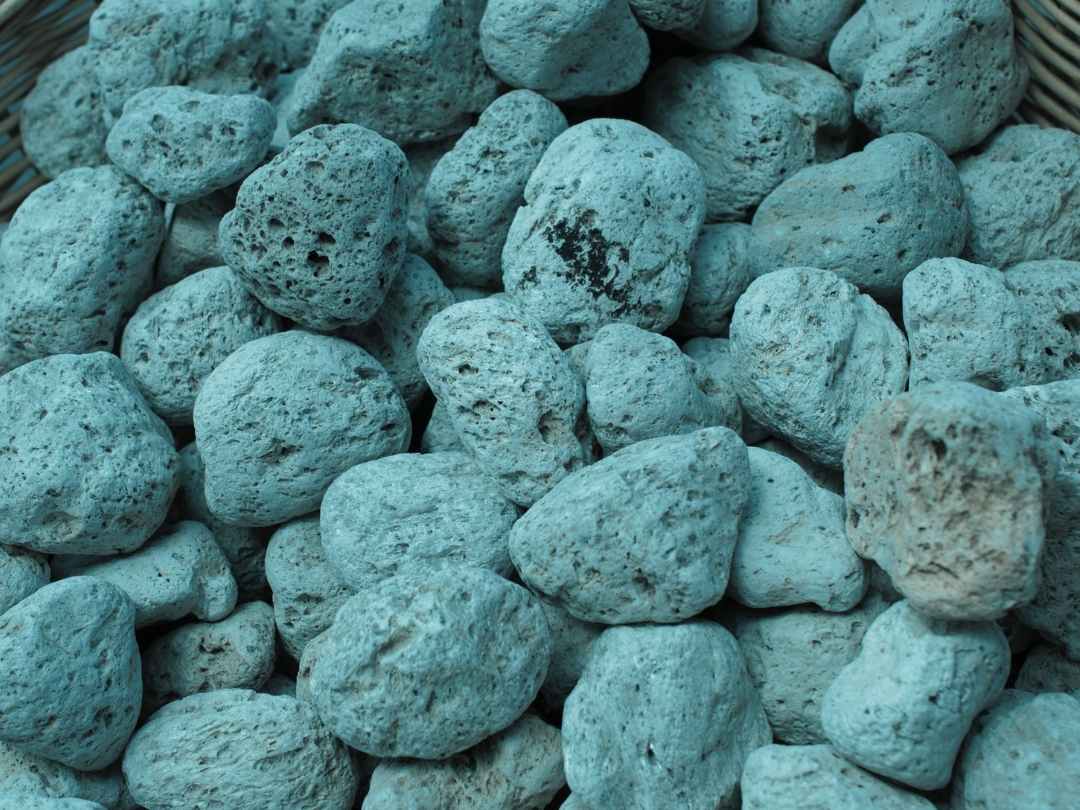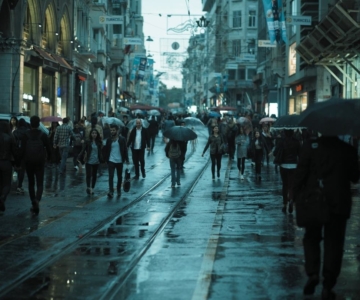>oiktozian: Mustafa Deniz Serter
Title of The Work: Dry-Wet
Original Title: Kuru-Yaş
The barber’s apprentice Halis took out his razor hidden in his sock. Grabbing and pulling the wrist of his only friend Salih, he made a thin scratch on his arm. Then he cut his own arm and merged the blood.
“We are blood brothers now,” Halis said with a grin.
“Blood brothers,” repeated Salih.
Their favourite game was dry-wet. They would spit on one side of a small stone, then throw it in the air and wait for it to fall to the ground. The spit-soaked side of the stone was wet, the dusty-soiled side was dry. This was a version of coin toss for the poor. The one who guessed which way the coin would go won the game and made the other person do what he wanted. For this reason, they made each other do all sorts of things, sometimes unimaginable things, and they tormented each other. After a while, the game ceased to be a game and turned into requests that would harm people in order to have more fun.
The town’s Pala Sefa had received his share of mischief with a lesson he would never forget. Pala Sefa, who was in his fifties, was known for his long, bushy moustache, which he had never cut after two years of military service, and which he carefully cared for, and which curled towards his long, bushy, full cheeks. Every morning after washing his face, he would stand in front of the mirror and comb his moustache with a small red comb. When he was bored, he would twist his moustache, and when the slightest greying appeared, he would immediately dye it. After all, everyone in life had things to boast about. Pala Sefa was proud of his scimitar moustache. He would not say ‘the wiser the better’, and he would carry a hand mirror in the inside pocket of his jacket to keep his moustache under constant surveillance. He would get on his horse, which was the envy of those who saw him, straighten his back, stand up straight, like a statue, place his fedora hat on his balding head and walk around the town with his back stretched. On national holidays, he would decorate his horse and participate in the cortege march. He would make the parade ground ring with the hoofbeats of his horse, and the participants would cheer and clap, saying “Yaşşaa Sefaa”. He would never have believed in his wildest dreams that his moustache, which he cared for with such care, would fall victim to a simple and childish game by two little punks of the town. Sefa, who was selected for the Mehteran Team of the city with his large build, unique majesty and scalpel moustache, was a zurnazen in the team. Every time he played the zurna, his moustache would tremble, his chest would swell and his eyes would tear with pride.
***
It was evening on a warm September day, the work of the labourers beating the soil with their hoes was over, and it was time for the people who had scattered to the mountains at dawn to return home. Pala Sefa, who had been harvesting the corn in his field all day long, leaned his back against an oak tree and dozed off to relieve his tiredness and rest a little. The next day, he would go to the city early and take part in the Mehteran Team’s concert. Meanwhile, Salih and Halis had started a game of dry-age. Halis picked up the stone on the ground, first wiped it with the new of his shirt, then slightly wet the stone with saliva. He threw it into the air with all his might. The stone, which took to the air with a whirl, fell four or five metres away at the same speed. They both ran and looked excitedly at the stone on the ground. Halis had won. The wet part of the stone was facing the ground.
“Tell me,” said Salih, “What should I do?”
Halis put his hand to his chin and thought for a while. He looked around him. He was about to say, “Carry me on your back to the bazaar and grind me like a donkey,” but he gave up. He turned his head this way and that, thinking about the order he would give to Salih. His squinting eyes fell on the man lying under an oak tree fifteen metres away. He had seen the coyote looking at them from a distance and immediately realised that the man lying under the tree was Pala Sefa. He rubbed his hands and laughed slyly.
“Cut Pala Sefa’s moustache!” he said excitedly.
“No! I won’t do that. Say something else,” Salih said, opposing his blood brother’s request.
“An order is an order. You can’t disobey,” said Halis, “Or are you afraid?”
“No,” said Salih confidently.
“Then do it,” said Halis, trying to predict and visualise what would happen.
“What am I going to cut the moustache with?” asked his blood brother.
A wry smile spread across the dark face of Halis, the barber’s apprentice. He bent down, rolled up the leg of his trousers, and took out the moss green razor with a moss green handle he had tucked into his sock.
“Here! You have no more excuses,” he said and handed the razor to Salih.
Cursing his friend inside, Salih took the razor. They approached Pala Sefa with slow steps. They walked silently on tiptoe, not making a sound. Halis had a laughing fit. He covered his mouth with his hands, stopped, waited for a while. He walked again and caught up with his friend who went ahead. Pala Sefa was passed out from exhaustion, snoring in a deep sleep. When he breathed, his cheeks swelled, his nostrils flared, and his dirty white fedora hat, which he had pulled down to his eye socket, trembled. He was so ecstatic that he did not even hear the neighing of his horse. The horse was tapping its left front foot on the ground, bobbing its head up and down, grunting and almost denouncing these strangers to its owner. Halis was trying hard not to laugh, his hands were in his mouth. At one moment he was going to let go of the reel, and make the mountain groan with laughter. His face had turned red from squeezing himself. Salih squatted softly next to Pala. He slowly opened the razor. He quickly cut the right side of Pala’s moustache in one swift motion and the long black hairs fell to the ground. The right side above the lip of the tanned man was left white. Unable to contain himself any longer, Halis threw himself to the ground laughing. Pala Sefa woke up with a start. He locked eyes with Salih. He could not understand what had happened. Salih hid the razor in his hand behind his back.
“What the hell is going on?” said Pala, sitting up angrily.
Salih was scared, his heart was pounding, he was trembling, he couldn’t control himself. Halis was laughing and laughing. Sefa’s eyes fell on his long hair scattered on the ground. Part of his moustache was lying on the soil, blowing in the breeze. Sefa felt his upper lip with his hand and realised that his moustache had been cut. Blood rushed to his brain. He stretched and slapped Salih hard. He hit him so hard that five fingerprints were left on the boy’s cheek. Recovering immediately, Halis got up with the agility of a fox and ran away without looking back. Sefa caught Salih and slapped him more and more.
“Uncle Sefa! Let me cut the other side too! Your moustache is as strange as a caterpillar’s,” Salih was making fun of him.
Salih, who escaped from Sefa’s grasp for a moment, looked for a hole to run away. He kept chasing, the boy in front and Sefa behind. Realising that he couldn’t catch the boy running like a greyhound, Sefa turned back and jumped on his horse. He ended up at the house of Davut, Salih’s father. He said all he could, but his anger would not go away. Seeing Sefa in this state, Davut was furious, trying to calm the man who had been stripped of his machete, while laughing inwardly. The town was the cauldron, Sefa was the scoop, he searched and asked for Salih everywhere. He left no place unturned, from the eye of a needle to the hollow of a snake to the nest of a bird. Those who saw his clean-shaven appearance could not stand it and laughed, and Sefa was the laughing stock of the locals. When the moustache was gone, his old mood faded. He found the solution to pack his bags and settle in the city. He took his horse with him. He never grew his moustache again. He continued to play his zurna with a false moustache in the Mehteran Team.




